detail profile albertina carri
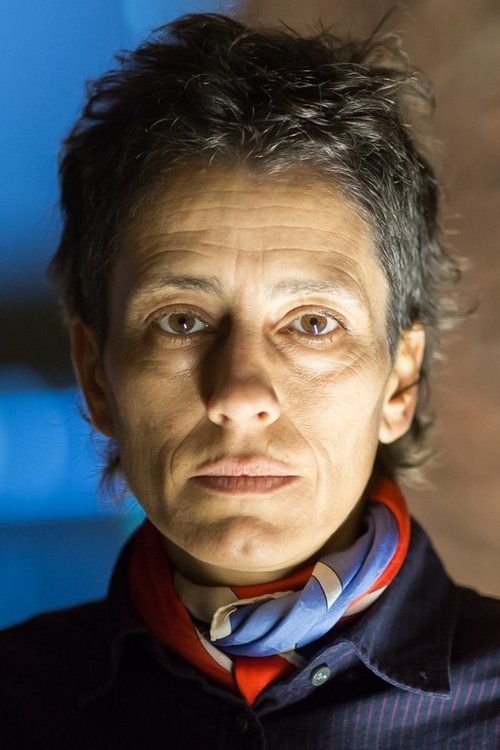
Riwayat Hidup
Albertina Carri (born 1973, Buenos Aires) is an Argentine screenwriter, movie producer, movie director and audiovisual artist.
Carri was born in Buenos Aires in 1973, where she currently lives and works.
She is the daughter of Ana María Caruso and Roberto Carri, both abducted during the last military dictatorship in Argentina.
She has a son, Furio Carri Dillon Ros, registered in Argentina using a so-called triple filiation; he is son of a father, Alejandro Ros and two mothers, Albertina Carri and Marta Dillon.
From Wikipedia, the free encyclopedia
Info Pribadi
Peran Yang Di Mainkan Albertina Carri
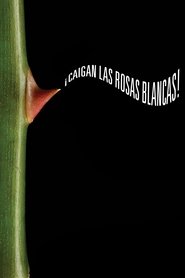 In this genrehopping road movie from...
In this genrehopping road movie from...White Roses, Fall! 2025
In this genre-hopping road movie from Daughters of Fire director Albertina Carri, Violeta, the director of an amateur lesbian porn hit, is invited to make a mainstream crossover. With a budget and cast, but no firm idea where to go, the crew head off on a road trip in search of their perfect film.
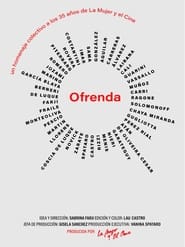 The year 2023 marks the 35th anniversary...
The year 2023 marks the 35th anniversary...Offering 2023
The year 2023 marks the 35th anniversary of the association La Mujer y el Cine, and 43 female directors have come together to deliver a fragment of their gaze, a frame, an aesthetic and ethical decision, a tribute to women who anticipated the struggle. A leap into the void made by women filmmakers of different ages and backgrounds. United, in a sort of electronic loom, as an offering and a legacy in which a moment in the history of Argentine cinema is told, where we were all one, with our eyes on the past, our gaze on the present and the horizon full of the future.
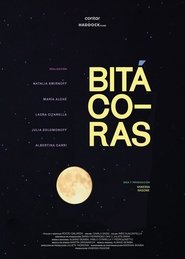 A series of five short films...
A series of five short films...Bitácoras 2021
A series of five short films made by five outstanding film directors that narrate in the first person their creative processes, their environment and their experience of 2020 and the pandemic. Ways of creating, territory, memory and autobiography in works where they propose us to look into the world of today. Her immediate and urgent look at the year the pandemic changed our lives.
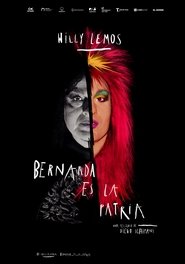 During the last dictatorship and in...
During the last dictatorship and in...Bernarda is the Homeland 2020
During the last dictatorship and in the first years of return to democracy in Argentina, the under movement suffered attacks, exiles, arrests, ridicule and disqualification for a large part of society and applause from a minor group of people. In that underworld, Transformism was located as a form of expression cultural and artistic. Bernarda is the homeland, deconstructs the gender binary from Lorca and those movements of culture of the 80 '.
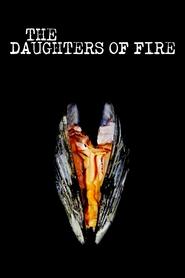 Three women meet by chance at...
Three women meet by chance at...The Daughters of Fire 2018
Three women meet by chance at the end of the world, in Argentinian Patagonia, and set out on a polyamorous journey, caught up in the search for new kinds of relationships, far from possession and pain. They become the Daughters of Fire, a band dedicated to helping those women who look for their own path to erotica.
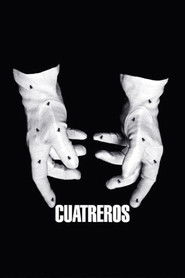 Albertina Carri wants to make a...
Albertina Carri wants to make a...Rustlers 2016
Albertina Carri wants to make a film about Isidro Velázquez, an almost mythical outlaw figure from northern Argentina who was shot dead by police in 1967. She’s not the only one interested in him: her sociologist father Roberto Carri wrote a book on him called “Pre-Revolutionary Forms of Violence” and a film was made about his story, although both father and film disappeared during the Dirty War. Legends, families, political alignments, cinema: none offer a stable foothold and Carri’s passage through them is like wandering a garden of forking paths, only to arrive at a landscape of cracked earth and thorns.
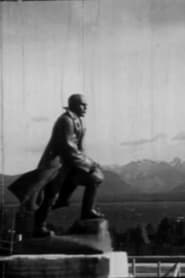 Continuing the series started with Intervened...
Continuing the series started with Intervened...Intervened Archives: Cinema School 2016
Continuing the series started with Intervened Events (2014), the Buenos Aires Film Museum presents the second feature film made entirely with material from its archives and by fourteen outstanding Argentine filmmakers. These are nine issues of Cine Escuela Argentino, a project created in 1948 by the Argentine Ministry of Education during the first government of Juan Domingo Perón. The latter promoted “the use of the cinematographer as a didactic assistant destined to complete the educational and cultural work, mainly in what concerns exalting the feelings of the nationality, with the heroic example of the heroes, Christian morality and the multiple civil duties, great and small”. Hence, most of the films produced by Cine Escuela Argentino were aimed at scientific dissemination and tourism promotion of the various regions of the country. (Museum of Cinema)
 An incestuous love affair Meme and...
An incestuous love affair Meme and...Gemini 2005
An incestuous love affair. Meme and Jeremias are the younger children in a typical bourgeois family. Their mother Lucia is the dominant force in the household, but her fixation on upholding the niceties of upper middle class life has prevented her from seeing what is going on under her roof. When the siblings’ older brother and his fiancee arrive home for their wedding, it seems inevitable that the concealment will be impossible to sustain. But equally it becomes apparent that if Lucia were to find out about the affair, there would be catastrophic consequences.
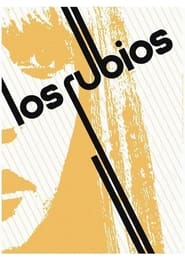 In 1977 when she was four years...
In 1977 when she was four years...The Blonds 2003
In 1977, when she was four years old, Albertina Carri's parents vanished without a trace, victims of Argentina's brutal military junta. In this fresh and politically daring film, the young Argentinian filmmaker attempts to unravel the mystery, piecing together her memories and fantasies in a quest to understand her parents' untimely fate.
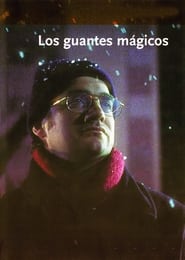 This film follows the crisscrossed fortunes...
This film follows the crisscrossed fortunes...The Magic Gloves 2003
This film follows the crisscrossed fortunes of, among others, a rock musician, a flight attendant, a dog walker with an alarming penchant for over-the-counter medication, and a cab driver, who doesn’t really care about his life spiralling out of control, as long as he can sit in his old Renault 12.
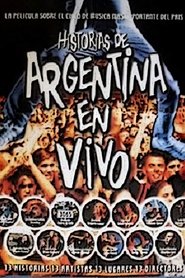 Thirteen short films directed by thirteen...
Thirteen short films directed by thirteen...Histories from Argentina En Vivo 2001
Thirteen short films directed by thirteen directors, based on the recitals of Argentino en Vivo 2.
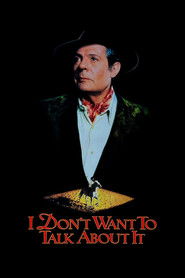 In an Argentine village in the 1930...
In an Argentine village in the 1930...I Don't Want to Talk About It 1993
In an Argentine village in the 1930s, the willful Leonor discovers that her beloved daughter, Charlotte, has dwarfism. Attempting to let her have as normal a childhood as possible, Leonor never discusses Charlotte's lack of stature, nor lets anyone else in the village ever mention it. As Charlotte grows up into a smart and self-possessed young woman, local eccentric Ludovico, who collects miniatures, becomes smitten with her.
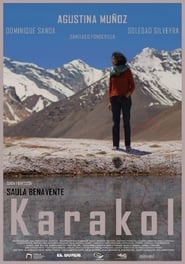
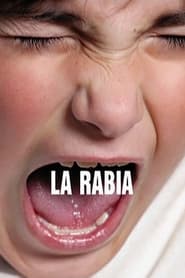 A married woman with a mute...
A married woman with a mute... Violeta shares an unusual resemblance to...
Violeta shares an unusual resemblance to... A noir vision of a paranoid...
A noir vision of a paranoid...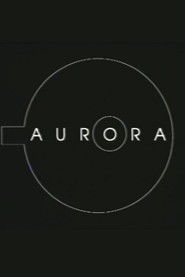 Aurora lives in the daily mix...
Aurora lives in the daily mix...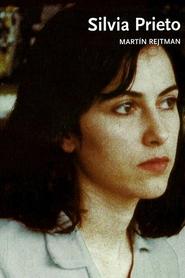 After her 27th birthday Silvia Prieto...
After her 27th birthday Silvia Prieto...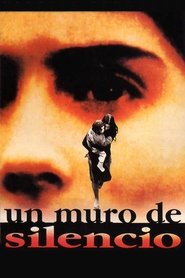 A woman would rather forget her...
A woman would rather forget her...